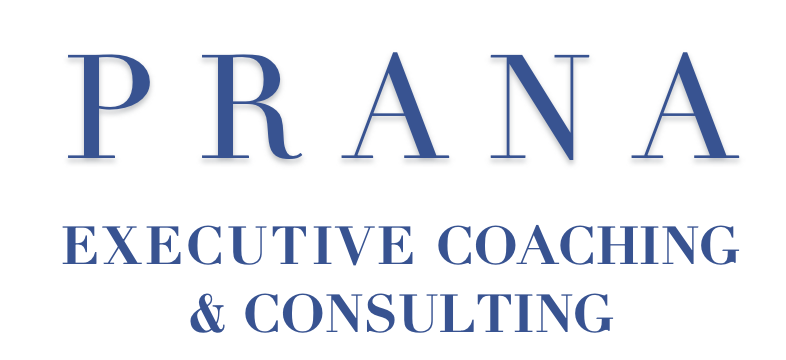The Empty Calendar Exercise
The average work day of most executives is busy and complex. Calendars are overbooked, meetings run into other meetings, and days and evenings are full of activities - social events, dinners, family obligations. Each day brings new demands -- a request to speak at an All Hands, an invitation to lunch, an ask to review a proposal with a peer.
Very often leaders say “yes” to all of the requests for their time reflexively. The demands on their time are a never-ending list and, minute by minute, their days fly by in endless emails, calls and meetings. Good intentions to ‘find more time in the day’ usually fail, as there is always a competing demand, or an unexpected diversion. While working like this is the “norm” for most executives, research shows that mental clarity and feeling a sense of purpose are lost. We lose the sense of connectivity to our work, and happiness decreases while stress increases.
One exercise that can be useful to solving this dilemma is the Empty Calendar exercise: start with an empty calendar page, look at next week, then ask your yourself:
If my calendar was empty, what existing meetings are meaningful to my goals? — And add those in.
What is important to me to do a regular basis, for myself? Schedule in weekly self-care habits like the gym, meditation, and reflection time.
Do an audit of which other weekly demands are necessary to keep, which can be delegated, and which can be removed entirely from your week.
Look at anything else that remains to be scheduled: How can I include those things and still fulfill my other important obligations?
The Empty Calendar exercise helps us re-clarify our priorities. What you prioritize might be an hour for exercise, dinner with your family, or an hour for creative or strategic thinking each week. It might be an hour a week with members of your team for mentoring and coaching. Whatever you choose will reflect what you instinctively know is important for you and your team. This brings back control over your time and prevents reactive over-scheduling.
Practice emptying your calendar as a regular practice to evaluate demands on your time. When receiving invitations, ask yourself - “Is this something that should be included in my day?” Does it belong on my schedule, or on someone else’s schedule? Learn to say ‘no’ to requests that aren’t critical for your attendance.
As you make this practice a habit, your priorities will shift to the things that are most important -- and your workdays will be infused with more productivity, meaning and purpose.
